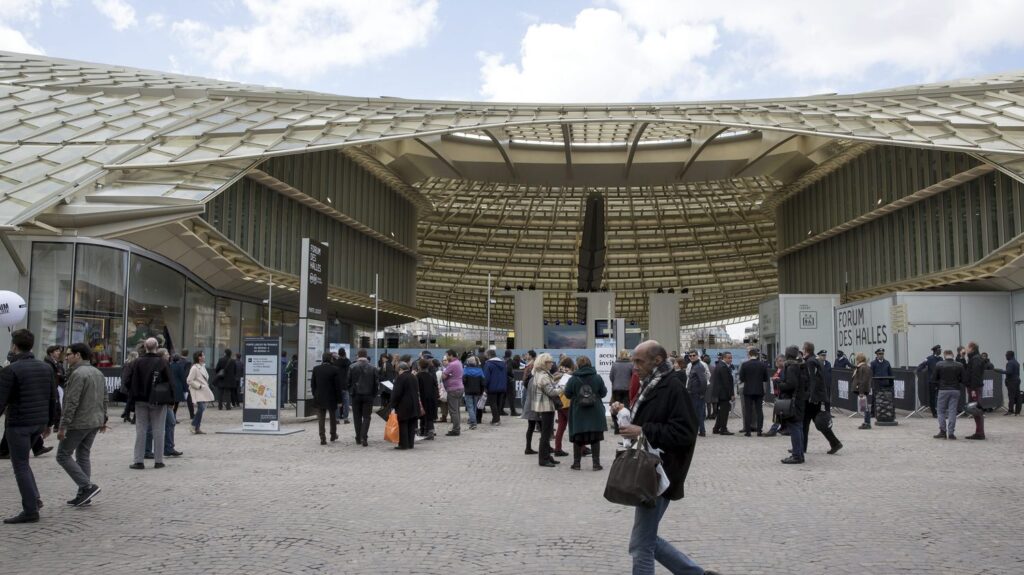Last year, online commercial platforms sent to Europe twice as many packages than in 2022.
To save this article, connect or create a Monfranceinfo account
Without payment. Without subscription.
Close the Activation window for France Info notifications
Close the presentation window
/2023/07/07/64a7df4c5fe71_placeholder-36b69ec8.png)
Published
Reading time: 3min
/2016/11/17/phpBlm0lw_1.jpg)
Measures to try to stem the flow of online commercial platforms. This is what the government is due to announce, on Tuesday, April 29, during a trip to Roissy-Charles-de-Gaulle airport, of the Minister of the Economy, Eric Lombard.
The commercial phenomenon from Asia becomes impressive. The online business platforms sent last year to Europe, twice as many small packages than in 2022. More than four and a half billion packs exempt from customs duties, to the point that traditional stores are increasingly suffering from this competition deemed unfair.
Platform customers always frequent physical brands, but not in order to consume. The small group of teenagers met the Halles in Paris because there are a lot of shops but it’s just to walk and look, not to buy. However, Yacine is a regular consumer: “Jewelry, scarves, small cheap items … 50 cents, a euro … it’s better than in store.”
Samia confirms. Now, it makes more purchases on large Chinese platforms than in fast-fashion stores: “When you look at Normal or H&M, it can go up to 25 euros while on Shein you can find them for two euros. It’s too expensive in store.”
And too bad if on arrival, there are some unpleasant surprises. Salima is used to it but given the prices, it is not very demanding: “It is of poor quality sometimes. We see it on the fabrics, they will say that it is cotton but it is not cotton at all, it is polyester. For example, if we buy sandals, sometimes we will find the same footing twice. Since it is fast-fashion, they are quickly therefore, they must be mistaken or forget.”
To go fast, it even goes very quickly. Shein for example: 7,000 new clothing references every day. It is 900 times more products than a traditional brand. And the turnover of the platform, even if it does not say it, probably followed: 900% additional in three years according to the estimates of Bercy.
At the expense of certain businesses in France: “It is unfair competition. They do not even sell at the purchase price, for us, it is not attractive and they prick the whole market.” Sophie is at the head of a store of caps and brands shoes, in the middle of Châtelet-les Halles district: “There is a tiny percentage of people who come to buy in store but we will say that 90% come to try their size, see how it falls, and afterwards they buy the copy on the internet. They are no longer embarrassed to tell me, it’s every day, all the time. We become bad almost when people tell us that they come just to see what it gives.”
“We are not a fitting shop, we are real people, we need to be paid at the end of the day, it’s not fair!”
Sophie, traderin franceinfo
Some shops further, Pierre turned the problem to market his care creams and his shampoos: “We are forced to adapt. Today, we sell on these large platforms. They are in the process of putting ourselves to European standards, Temu, Alibaba, all those we know.” Shein and Temu are now in the list of ten most visited merchant sites in France.


